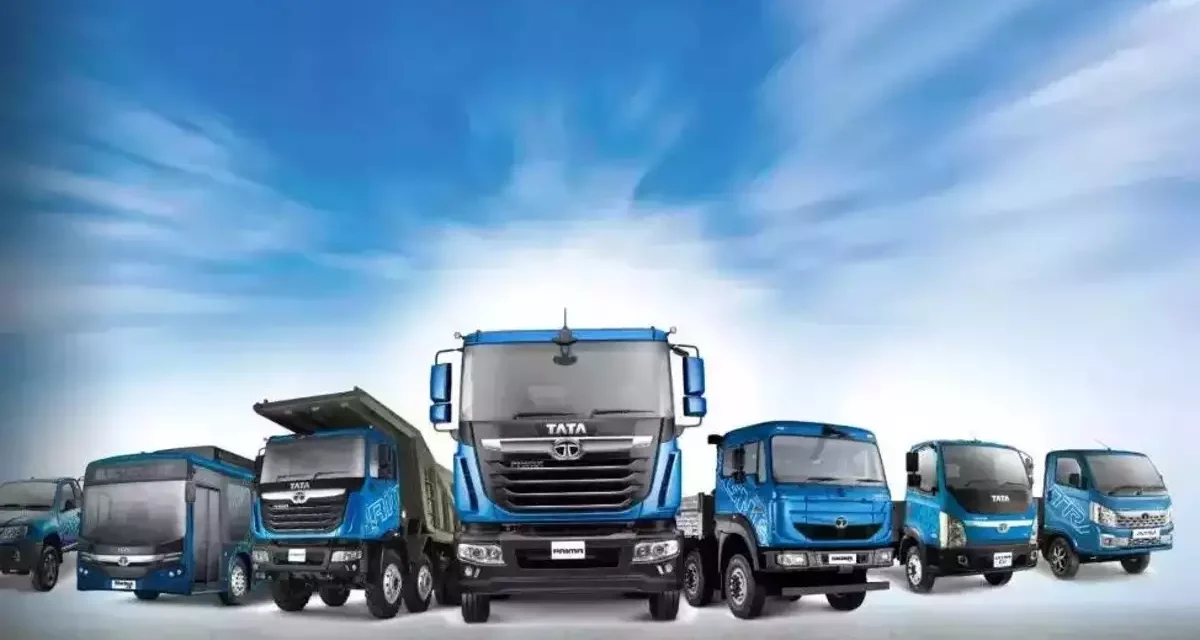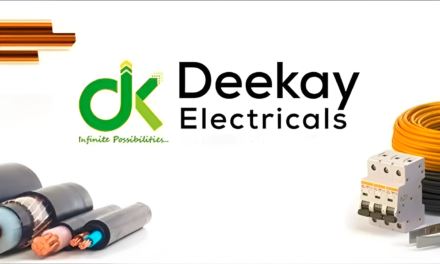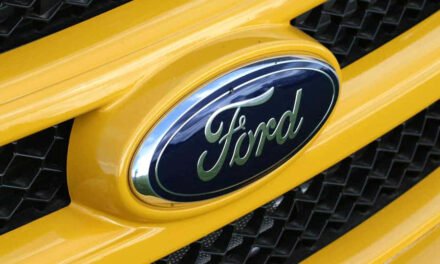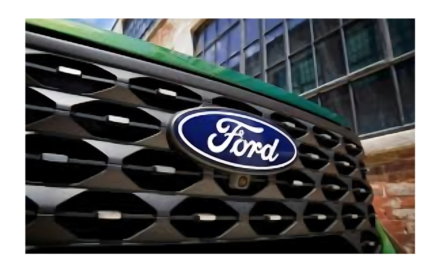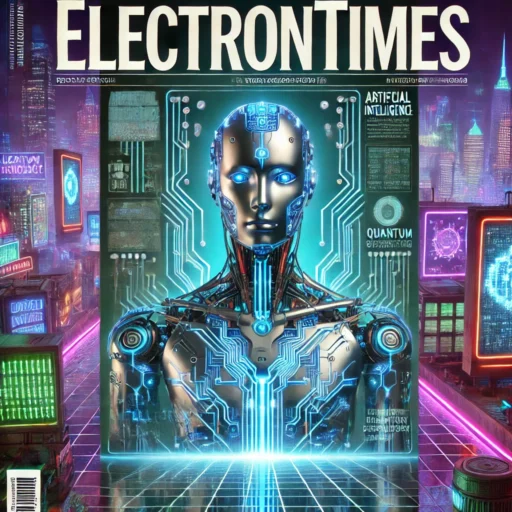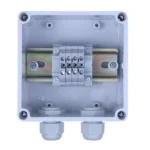Maharashtra, Tamil Nadu, Uttar Pradesh (UP), and Delhi have emerged as the leading states in India for the purchase of Electric Light Commercial Vehicles (e-LCVs), marking a significant shift towards sustainable and eco-friendly transportation options. As India pushes forward with its electric mobility initiatives, these states have become pivotal players in the adoption of e-LCVs, primarily due to their thriving industrial hubs, high demand for goods transportation, and progressive government policies that promote electric vehicle (EV) adoption.
In Maharashtra, the electric vehicle market has seen tremendous growth, with the state’s manufacturing and logistics sectors driving the demand for e-LCVs. Maharashtra’s capital, Mumbai, serves as a major commercial center, where businesses are increasingly turning to electric commercial vehicles to meet last-mile delivery needs and reduce operating costs. The state government’s focus on sustainability and its EV policies have played a crucial role in fostering this growth, offering incentives and support for businesses transitioning to electric fleets.
Tamil Nadu, home to numerous automobile manufacturers, including key players in the electric vehicle industry, has also become a major buyer of e-LCVs. The state’s emphasis on becoming a leader in electric mobility and green technologies is evident through its investment in EV infrastructure, manufacturing, and policy frameworks that encourage the adoption of electric commercial vehicles. Tamil Nadu’s strong industrial base and focus on sustainable urban logistics have contributed to the surge in demand for e-LCVs in sectors like goods transportation, e-commerce, and retail delivery.
In Uttar Pradesh, the agriculture and manufacturing sectors are key drivers of the electric light commercial vehicle market. The state has witnessed significant growth in demand for electric delivery vans and transportation vehicles, with businesses looking to reduce fuel costs and carbon emissions. UP’s urban centers, such as Lucknow and Kanpur, are seeing increased adoption of e-LCVs for short-distance cargo transportation and urban deliveries. Government initiatives in the state also support the shift towards electric mobility, making e-LCVs an attractive alternative for last-mile delivery and fleet operators.
Delhi, as the national capital, has consistently topped the list of states leading the shift to electric vehicles, with an emphasis on reducing air pollution and promoting sustainable urban mobility. The Delhi government’s EV policy, along with various incentives, has made e-LCVs a popular choice for businesses operating in the transportation and logistics sectors. The state’s strong regulatory push towards electric mobility and its commitment to phasing out polluting vehicles has accelerated the adoption of electric commercial vehicles for short-distance delivery and freight transportation in both urban and suburban areas.
These states have collectively become the backbone of the growing electric light commercial vehicle market in India, representing a substantial portion of the nation’s transition to green transportation solutions. With supportive state policies, the growth of EV infrastructure, and the rising demand for eco-friendly delivery solutions, e-LCVs are poised to play an essential role in transforming India’s transportation sector, making these states key contributors to the country’s goal of reducing carbon emissions and fostering sustainable mobility.

